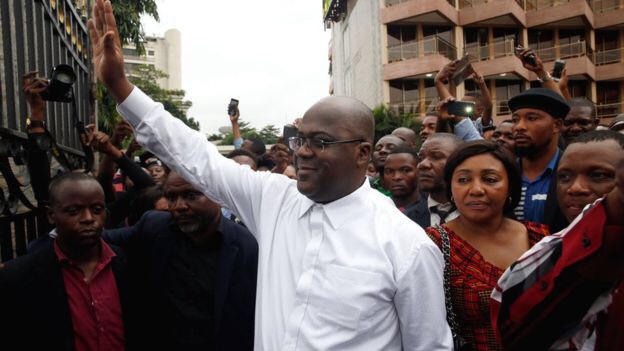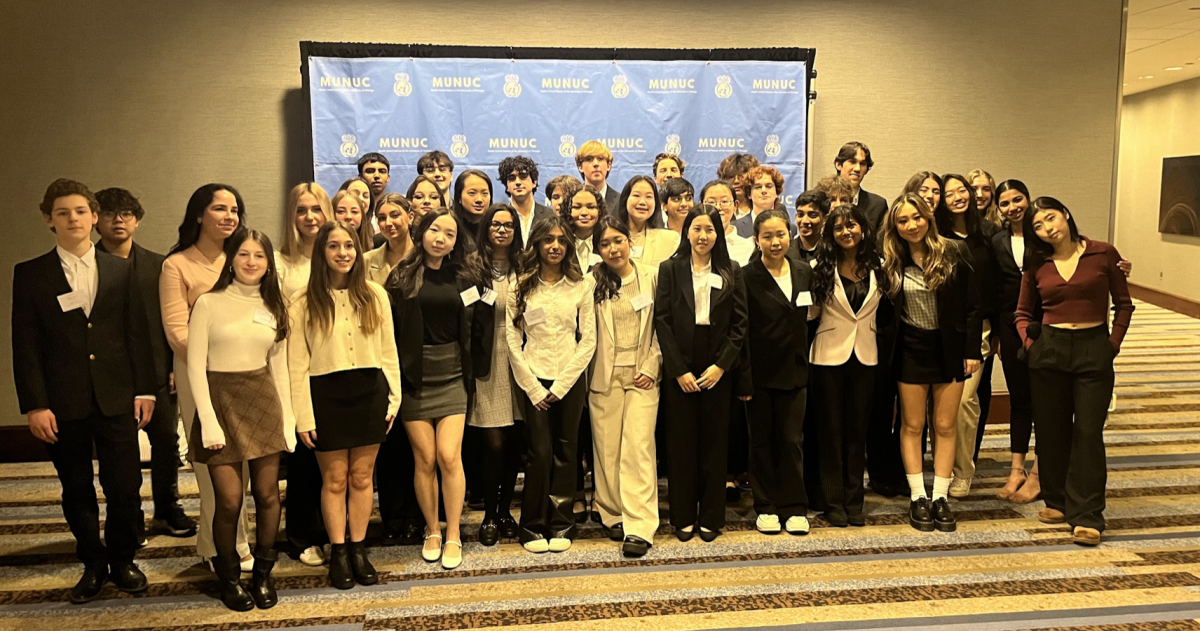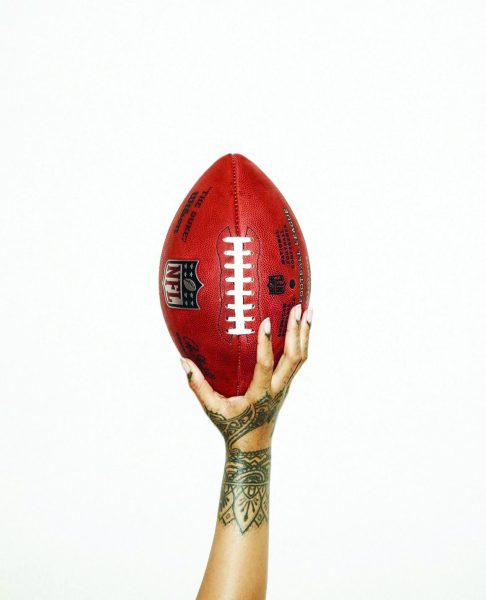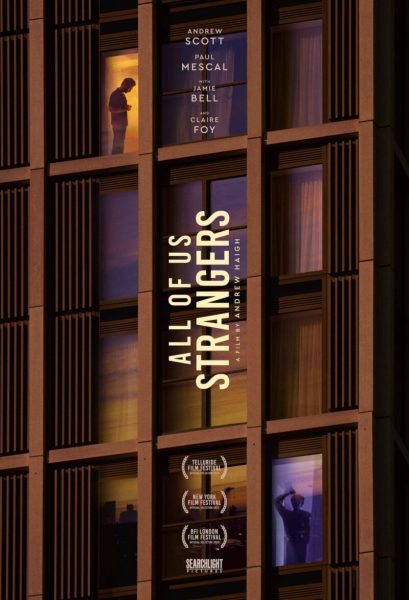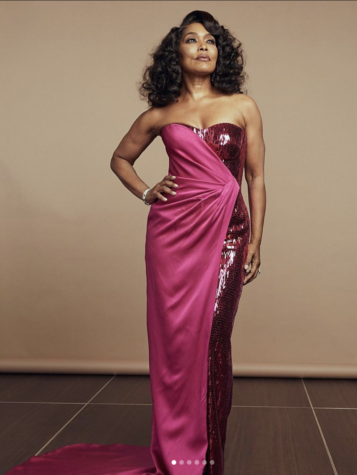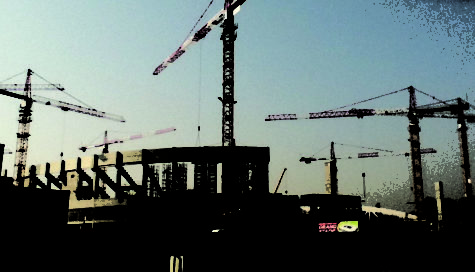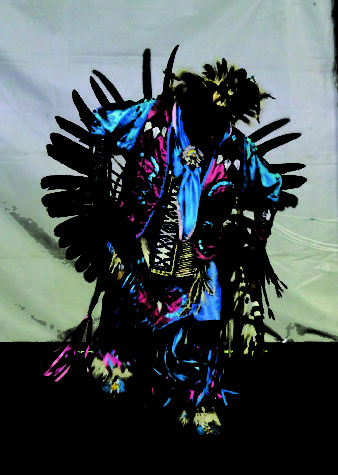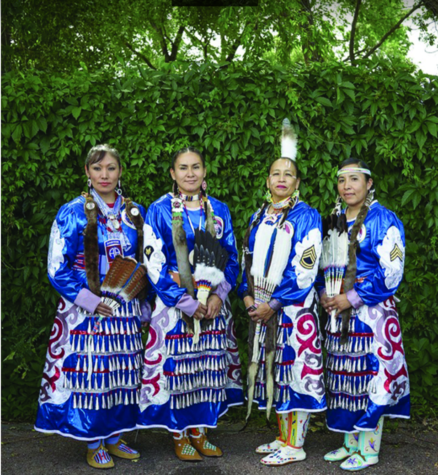First democratic elections in the Democratic Republic of the Congo raise the attention of the globally aware LFA community
February 11, 2019
December 16, 2018, the Democratic Republic of the Congo (DRC or Congo) held an election that opened up the possibility for true democracy for the first time in the country since the presidency of Joseph Kasavubu after Congo’s independence on June 9, 1960. DRC’s political instability and richness in natural resources was the root of the Second Congo War which officially lasted from 1997-2003 in Congo’s Eastern part and took over 5 million Congolese lives. Unfortunately, conflict still continues plaguing this area with rising death tolls and subjecting both young and elderly women to rape in what is known as the rape capital of the world. Because of these problems and many others, a peaceful and democratic transition of power in DRC is well-needed. While the recent elections in DRC have been a beacon of light for a future of democracy in DRC and potentially Africa as a whole, the validity of the results of these elections have been questionable for many who were expecting the more popular opposition candidate, Martin Fayulu, to win.
This election was initially supposed to take place in 2016 but was postponed for 2018 by former DRC president, Joseph Kabila, in his attempt to unconstitutionally prolong his tenure. The elections were held on December 30, 2018 with opposition leaders, Martin Fayulu of the Commitment for Citizenship and Development party, and Felix Tshisekedi of the Union for Democracy and Social Progress party running against presidential elect, Emmanuel Shadary of the Party for Development and Reconciliation, Kabila’s party. The provisional results were published weeks after the elections on January 10 with Felix Tshisekedi pronounced as the provincial leader. AP World History teacher and Amnesty International Club overseer, Sam Wold recognized Congo’s complex political history and believes it is heavily connected to the recent elections.
“I think people need to step back and not look at Congo as a country incapable of solving its own problems, but realize that Congo’s politics is historical. They were set up for these kinds of issues by European imperialism,” commented Wold.
US State Department, European news sources (including German, Belgian, and France’s TV5Monde), and other foreign governments have all asked for DRC’s CENI (Independent National Electoral Commission) to respect the actual results of the elections, the most outspoken demanders of this being the National Episcopal Conference of Congo (CENCO). The CENCO sent over 40,000 observers to polling stations across the nation to determine who the winner was. SYMOCEL, a domestic observer mission separate from the CENCO’s observation, had similar results as CENCO. The CENCO observed that voters’ identities were not properly identified at polling stations, ballot boxes were not sealed prior to being counted, and many materials were missing at polling stations on the day of elections. SYMOCEL witnessed people physically moving ballots around in the 101 voting centers — out of the 179 total number of voting centers across Congo — they observed along with 51 other major irregularities. To decrease global attention, DRC cutoff internet connection as soon as the elections took place, which had not been restored until recently around January 19th. This, conversely, had an opposite effect, attracting the attention of international news stations such as TV5Monde, BBC, and CBS, just to name a few, who covered the course of the elections. Spanish III Advanced and Contemporary Civilization and Culture of Latin America teacher, Noelle Balson, recalls that the French news outlet TV5Monde recently spoke on the influence of CENCO in raising the skepticism behind the results released by the CENI.
“The Catholic Church, which is very influential in the Democratic Republic of the Congo, had about 40,000 observer teams all over the country. They mentioned that the results did not match their data,” said Balson.
Congo is known for being the richest and poorest country at the same time. It’s richness in the world’s most desired resources, a few being diamonds, gold, copper, cassiterite (tin, ore), timber, natural gases and its most coveted natural resource for today’s technological advancements around the world being coltan and cobalt, have made it a target for exploitation by foreign corporations. Some of the technology requiring DRC’s minerals are iPhones, PlayStations, and electrical cars. The American companies Apple, Microsoft, Tesla, Dell, Chrysler, General Motors, South Korean company Samsung, Italian automotive company Fiat, German automotive company Volkswagen, British exporting company Afrimex Exports, Chinese mining company Zhejiang Huayou Cobalt, Russian mining company Alrosa, Australian mining companies Nzuri Copper Ltd and Amani Gold, Canadian mining company African Metals Corporation, and South African mining company AngloGold Ashanti are among the many other foreign companies that benefit from Congo’s corruption because they can more easily extract or buy Congolese natural resources without paying taxes.
Children as young as four are the ones digging the minerals that power the rest of the world’s everyday source of technological recreation. Congo’s newly elected president could enforce mining regulations that would affect the global economy and many world-powerful corporations’ access to Congo’s natural resources, potentially affecting the speed of future advancements in technology. With over 24 trillion dollars worth of untapped natural resources, the world is looking to Congo to see what will happen. Proper democracy put in place will mean that many corporations that have gotten away with extracting Congolese natural resources without paying taxes will have to do so and the people of the Congo will be able to benefit from the sale of their natural resources. Head of School and AP Government teacher, Dr. John Strudwick emphasizes this importance.
“There’s a rise of interest in the Congo because of Cobalt and the resources that have become more and more important,” stated Strudwick.
On January 15, Felix Tshisekedi was announced as the official president by the Congolese government, and he was sworn into office on Thursday, January 24. As a result, Martin Fayulu has ordered peaceful demonstrations from Congolese people to express their disapproval of what was suspected to be a fraudulent election. This speculation was heightened once people found out that President Tshisekedi met with former President Kabila prior to the elections to potentially make a deal for him to become president. The US has placed 80 troops on standby near the bordering country Gabon in case of violent outbreaks from the disappointed population and to ensure the safety of American citizens in Congo. Even with the natural disasters (predominantly floods) that took place around the nation and the provinces that were prevented from voting — Kinshasa and Katanga being the most heavily populated provinces — because they heavily supported Fayulu, the Congolese were determined to be apart of shaping the history of their country. At the end of it all, DRC has massive potential, but because the voice of the people has been suppressed by subsequent corrupt governments, this progress has been limited and the Congolese people have suffered the most from it. With a new regime, the hope is that success and prosperity is on the horizon for DRC’s new promising future.
“Here is going to be the first a peaceful transfer of power in the Democratic Republic of the Congo,” noted Strudwick.

